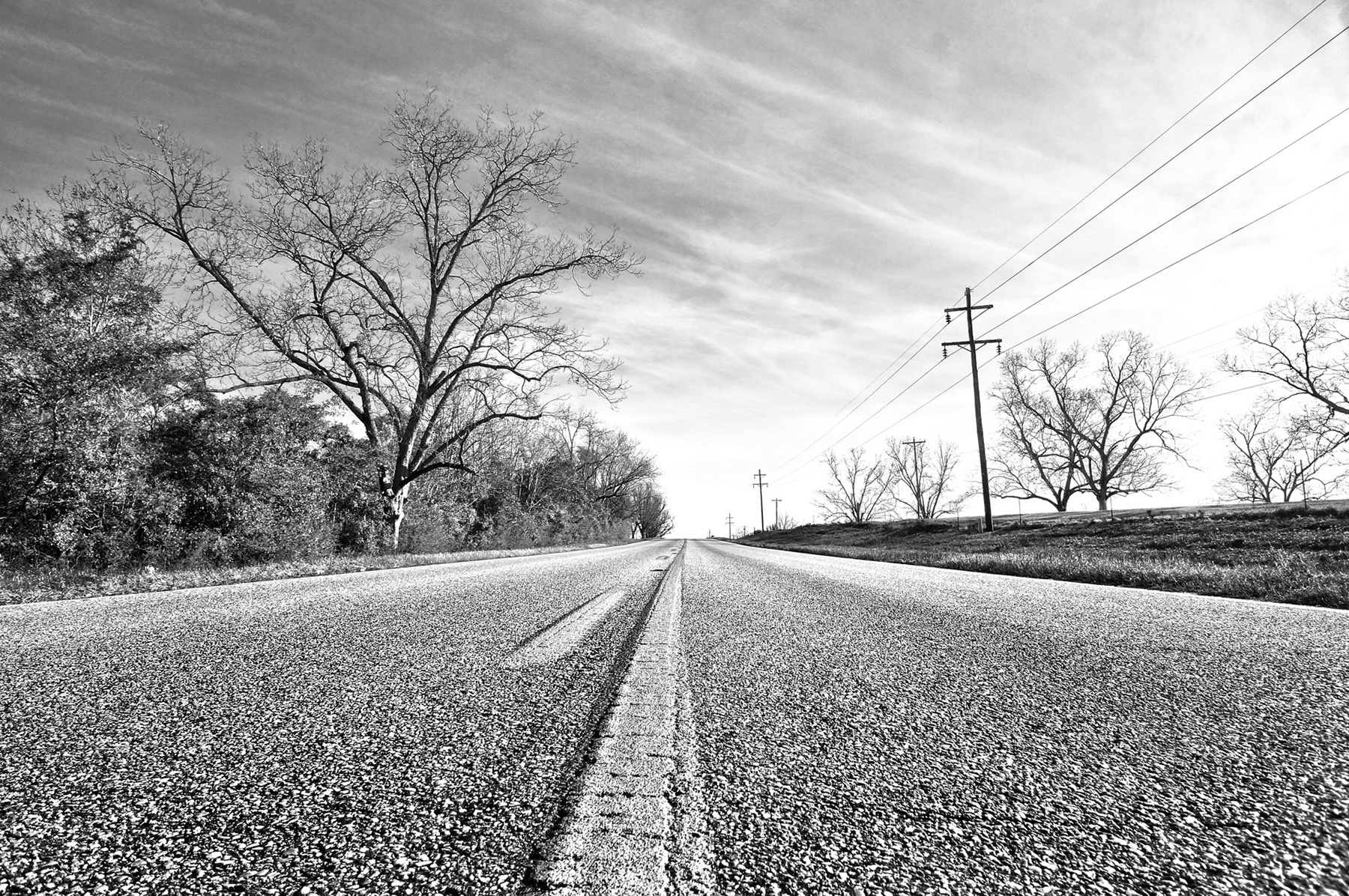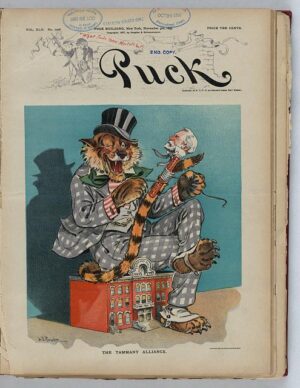Here’s my Southern Legitimacy Statement: Born on the Gulf Coast of Texas, I grew up in a little town—a buttermilk junction—called “La Marque,” “the mark,” by the French woman who worked at the railroad depot way back when. Raised by a Texas daddy from the east Texas town of Center and a Yankee mama from Wisconsin, I grew up half in my house and half in my best friend Gladys’ house down the street with her mama, granmama, and older sisters from Mobile, Alabama. Under the fearless leadership of the fearless Gladys, our childhoods were filled with chasing horses, chinaberry wars, eating mulberries, cooking pie-crust cinnamon swirls on the incinerator, catching crawdads, smoking newspaper cigarettes, and breaking into the Seaside Nursery to drive the little tractors around until the sun went down and we heard the dinner bell.
The Bell
$1.00. The yard sale tag on the old bell wasn’t sticking to the brass for all the rust laced across it so I dug my fingernail back and forth into the white sticker, hoping some small bit of stick ‘em would attach.
Somebody needs to take this, I thought. There is too much history here to bear.
The bell had been my Yankee mother Abigail’s. “Abby. Like in Westminister,”she used to tell people when they first met. “Only I’m more like an ancient ruin rotting in Texas without air conditioning.” I always laughed at this, my mother’s one repetitive joke, though, truth be told, I never thought it was very funny.
My mother was lonely. Deeply lonely in a way nobody around her understood, me included. It was something I’d come to understand about my mother’s life only after it was too late.
I turned the bell over, careful to hold the pendulum still lest it clang and the whole of my childhood come clamoring back.
My mama had lived in a big house, with a husband and children and a dog or three and one lost cat over the years, but she had remained excruciatingly alone, a lone Yankee woman with integrationist ideas in a sea of segregated Southerners.
So every night she’d called her children home to supper.
With her bell, the big dinner bell that my dad Allen had mounted outside in the backyard. When supper was ready my mother would tug at its string until its Clang! Clang! Clang! rose above the sounds of the crickets and the wind.
My mother Abigail used to go outside and shout–Peggy! Becky! Bobby!–but her voice would narrow to a shrill warble, and so the bell was bought.
Abby’s shouting days were over.
Her children grew, and their wanderings soon took them beyond the call of the bell. Abby’d waited. She was lonely, but her children loved her, and so they always can home.
“I always came home,” I said suddenly aloud.
I turned toward the cluster of small town folk rummaging through the yard sale my father’d begged me to have after the coroner cleared the death certificate. Natural causes, heart failure, he’d declared, and my father had wept. I’d wept too, wept for all the years I’d moved away and left my mother behind dying slowly.
“I’m here now, Mama,” I said softly.
“What are these things, honey?” a sunburnt lady in a Houston Oilers’ sweatshirt asked.
“Oh, those would be bridge trays, ma’am,” I told her.“You put your teacup there and your finger sandwiches there, nice and ladylike, see?”
“Well I’ll be. Right nice now isn’t it, suger,” the lady said and handed me two weathered dollar bills. “Now just got to learn me some bridge like them ladies club gals,” the woman laughed.
“I’m sure you’ll do fine,” I laughed with her.”Just start reading the bridge column in the Galveston Daily News, ma’am. My mama read that thing religiously, and she was one mean bridge player.”
My mother had been one mean bridgeplayer. She’d tried many times to coax my sister and me into playing with her and our dad but neither of us ever took to it like our mama had. All strategy and poker-face, my mother Abbey was, never letting her opponents see the desperation in her heart.
Why didn’t you fight more, Mama? I thought. Like the master strategist you were. Maybe she would have, if she’d kept shouting.
But time passed. Her children wandered farther and came home less often. She stopped making supper and took to her bed. She drank clear, hard liquid and began to shout again–Allen! Allen! Allen!
This bell that had sat rusting on the fence outside was taken down. I traced the line of decay running along its rim. My father had cleaned it and polished it and given it to his wife again, and this time she’d tugged at its string until its Clang! Clang! Clang! rose above the sound of the clear, hard liquor sitting beside her, shouting. Its voice soon rose above the clanging of the bell.
Abby’s voice faded into a single thin cry of pain, and she passed on.
Across the yard near the hedge separating my mother’s house from the neighbor’s, two sisters tussled over the black pillbox hat with its cluster of shimmering feathers that my mother used to wear to funerals. My sister had worn it at our mother’s memorial, tucking her own long hair up into a French twist in tribute to our mama.
“Saw it first, you,” said the older girl, slapping the hat on her head backwards.
“Well butter my butt and call me a biscuit, don’t you look precious!” her younger sister replied, laughing.
“Do not!”
“Do too!” said the younger girl.
“Oh, shut your sorry ass mouth,” shouted the older girl, snatching the hat off her head and slapping it back down on the card table. “Don’t need no church lady hat no how.”
I closed my eyes and let the musky smell of coming rain wash over me. The yard sale was winding down, the purging of the detritus of family life dribbled out to strangers driving down the wide streets of my hometown, quieter now and lonelier still since the plants closed.
I held the bell out before me in my pale, freckled hand and tugged hard at its string and it let out a solidary clang, crisp and loud like it always had.
A long blue sedan driving down the road suddenly braked and pulled into the driveway sideways.
“Oh baby, I got to get me that there,” the woman driving the car shouted as she flung open the door. She strode over to me and took the bell in both her hands. Three light-skinned children peered out of the car windows.
“I’m ‘bout to bust a vein hollering at these damn fool childen with their earphones on all the time to get out the street and get their butts back in the house and eat this supper I done spent my hard earned money buying and cooking up for you wild chillens,” the woman peered back over her shoulder and waved the bell at them.
“Mama gonna rock it old school, now, ya’ll,” she shouted.
I laughed, grateful for the fire of the woman’s ways.
“How much you want for this thing, sugar?” she asked, and before the woman could look down at the bell, I reached out and peeled off the $1.00 sticker that didn’t want to stay stuck on anyway.
“Nada,” I said. “For you, ma’am, it’s a gift. My mother would absolutely have wanted you to have this, one old-school mama to another. Use it in good health, ma’am, and keep your children safe.”
And the woman, smiling a wide-mouthed smile, laughed, and wrapped her mama arms around me. “Your mama raised a real good daughter, baby,” she said. “You thank her for me, wherever she is.”
And with that, she turned, clanged the bell three times and the children skittered off the windows and back inside the car, and their mama drove them all away.
END




